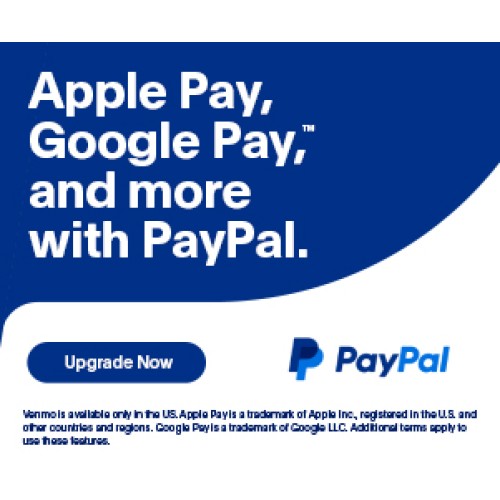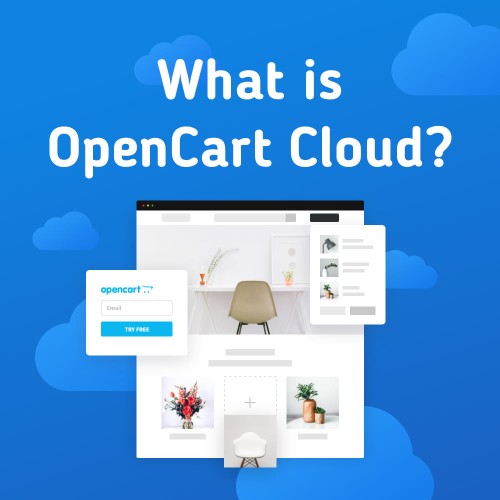Technological progress, evolving market demands, and the rising importance of financial services have all brought substantial growth and transformation to the online lending industry in recent years.
For consumers, this sector has been the indispensable solution to their quick-access financial needs, except it comes with inherent risks. As borrowers increasingly turn to online loan providers, distinguishing between trustworthy options and potential pitfalls becomes critical.
In this article, we dig into recognizing the red flags when choosing an online loan provider. Understanding the warning signs, from unsavory practices to potential scams, is essential for safeguarding your financial well-being.
Explore the ten red flags that should trigger caution, empowering you to make informed decisions and navigate the online lending marketplace with confidence.
1. Unregistered or Unlicensed Lender
Whether you are planning to apply for a mortgage loan online, a car loan, or any other financial product, verifying legitimacy is your first line of defense against unscrupulous lenders. Reputable companies meticulously adhere to state and federal regulations, often proudly displaying their registration with the appropriate authorities.
Here are steps you can take to determine an online lender's legitimacy:
Check their official website for information on licensing and registration, which should be transparently displayed in sections like "About Us" or "Compliance."
Directly contact regulatory authorities overseeing lending in the lender's jurisdiction, checking state or national databases for licensing status.
Cross-reference any provided license number with regulatory bodies to confirm its validity.
Explore consumer protection agencies and the Better Business Bureau for accreditation status and reviews.
Look for industry memberships like the Online Lenders Alliance (OLA) on the lender's website.
Ask the lender directly for proof of licensing or registration, and remember that legitimate entities willingly provide such information to address concerns, with no questions asked.
2. Lack of Clear Terms and Conditions
A trustworthy online loan provider sets itself apart by presenting straightforward, transparent terms and conditions. Clarity indicates a lender's commitment to ethical practices, while convoluted language raises concerns about potential hidden fees or unfavorable conditions.
Scrutinizing the loan agreement becomes crucial, focusing on interest rates, repayment terms, fees, potential penalties, and other details. Avoiding lenders that lack transparency in providing this essential information is paramount to making informed financial decisions and avoiding potential pitfalls in the borrowing process.
3. Upfront Fees or Requests for Payment
Legitimate online lenders distinguish themselves by deducting fees during loan closure, avoiding any upfront payments. Beware of lenders who deviate from this norm, especially those requesting payment through unconventional means such as wire transfers or prepaid debit cards.
The insistence on upfront fees, particularly before finalizing the loan, often serves as a glaring red flag indicative of potential fraudulent activities.
A cautious approach involves scrutinizing payment requests and ensuring they align with industry standards. This practice protects borrowers from falling victim to scams and preserves the integrity of the lending process.
4. Pressure Tactics and Urgency
Lenders resorting to high-pressure tactics, attempting to rush borrowers into swift decisions, should be approached cautiously. Scammers create a false sense of urgency, emphasizing immediate action to secure the loan.
Legitimate lenders recognize the importance of allowing borrowers the time needed for informed decision-making. If a lender pressures you to commit hastily, it raises concerns about their integrity and adherence to ethical lending practices.
A prudent borrower understands the significance of thoroughly reviewing terms and conditions, and any deviation from this process should be treated as a potential red flag in the borrowing relationship.
5. Lack of Regulatory Compliance and Industry Memberships
Verifying compliance with relevant federal and state regulations is paramount when assessing an online loan provider's credibility. Legitimate lenders proudly adhere to industry standards, often displaying logos indicating their membership in reputable industry associations such as the Community Financial Services Association of America (CFSA) and the Online Lenders Alliance (OLA).
The absence of such compliance or industry affiliations raises concerns about the lender's commitment to ethical practices. Ensuring regulatory compliance and active participation in industry associations helps borrowers align with reputable lenders and safeguards them from potential risks associated with non-compliance in the online lending landscape.
6. Unsecured Website and Lack of Data Protection
Image by Marcus Spiske on Pexels
The world is closing the year with almost six billion publicly disclosed data security incidents, peaking with 5.1 million compromised records in November alone. It couldn't be stressed enough: safeguarding personal and financial information is paramount in online transactions.
Ensuring the security of an online loan provider's website can be as simple as checking whether the URL has "https://," indicating the site is secure, instead of just "https://." The address bar should also come with a padlock icon on the left side. The absence of these security indicators signals potential vulnerabilities, putting sensitive data at risk.
Additionally, reviewing the lender's privacy policy becomes crucial to understanding how they handle and safeguard your information throughout the borrowing process. Prioritizing data protection and website security is fundamental to maintaining the confidentiality and integrity of your financial information in the digital lending landscape.
7. No Online Presence or Limited Reviews
Reputable online loan providers distinguish themselves with an established online presence, featuring a professional website and active engagement on social media platforms. Lack of an online footprint or reviews and testimonials can be significant red flags.
Scrutinizing independent review websites, such as the Better Business Bureau and other platforms, provides insights into the experiences of previous borrowers. A scarcity of information about the lender necessitates exercising caution, as it may indicate an unproven or potentially problematic track record in the online lending domain.
8. No Physical Address or Limited Contact Information
Establishing legitimacy in online lending involves confirming that the lender has a physical address and comprehensive contact information. Legitimate businesses prioritize transparency and provide multiple ways to contact them, including phone numbers, email addresses, and customer support systems.
The absence of a verifiable physical location or limited contact details raises concerns about the lender's legitimacy. Scammers often attempt to remain elusive to avoid legal repercussions. Ensuring the lender is transparent and open in providing their contact information is essential for building trust and fostering a secure borrowing relationship.
9. Unsolicited Loan Offers
Approach unsolicited loan offers arriving via email, phone calls, or other means without prior inquiry with extreme caution. Legitimate lenders typically refrain from reaching out to borrowers without a request for information.
Unsolicited loan offers, particularly those claiming guaranteed approval or exceptionally favorable terms, often align with scams or predatory lending practices. Engaging with lenders who initiate contact without explicit request opens the door to potential financial pitfalls.
Prioritizing proactive research and due diligence over reactive responses helps borrowers discern legitimate offers from potential scams, preserving the integrity of the lending process.
10. Unrealistic Promises or Guaranteed Approvals
Borrowers should be wary of online lenders making promises that sound too good to be true. Guarantees of approval, regardless of credit history or offers of interest rates significantly lower than market averages, often indicate deceptive practices. Legitimate lenders prioritize assessing borrowers' creditworthiness and financial situations before extending loan offers.
Unrealistic promises serve as red flags, potentially leading borrowers into unfavorable terms and financial traps. A prudent approach involves scrutinizing the legitimacy of such promises, recognizing that ethical lenders operate within realistic parameters, and avoiding making commitments that deviate significantly from industry norms.
Conclusion
Choosing an online loan provider requires thorough research and a sharp instinct for potential red flags. By being vigilant, you can protect yourself from scams and predatory lending practices. Then again, no one is ever a hundred percent safe.
According to Inscribe data, signs of first-party fraud taint over 30 percent of personal loan application scams. First-party fraud refers to fraudulent activities by lenders with existing or prior legitimate relationships with their victims, such as employees or customers.
In any case, remember that a legitimate online loan provider will always prioritize transparency and offer reasonable terms and conditions. Taking the time to review their history and track record can make the difference between a secure financial transaction and falling victim to fraudulent schemes.




Login and write down your comment.
Login my OpenCart Account